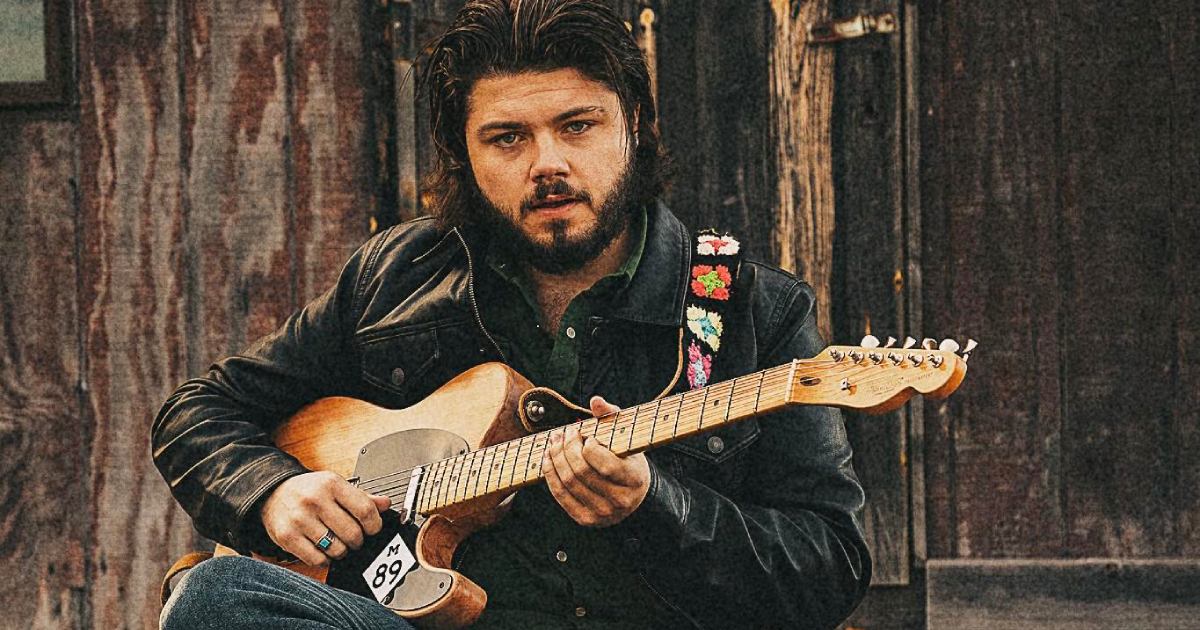With more than 15 million streams of his songs, it’s easy to understand why Steven Malcolm feels like making music is his calling.
Connecting with people all over the country and currently touring with some of the biggest names in Christian music, the 28-year-old rapper has definitely found his path.
But it wasn’t always that way.
Flashback to 2010 — Malcolm was attending Grand Rapids Community College where he played basketball and began studying criminal justice. Intent on becoming a basketball player or police officer but struggling with his grades, the 18-year-old had no real musical aspirations, nor any connection to church.
“It was a crazy time in my life,” Malcolm said. “A lot of crazy stuff was going on, and everybody was trying to invite me to this hip-hop church. Like, ‘Yo, check this hip-hop church out. It’s called The Edge.’ And I was like, ‘Hip-hop and Jesus? How does that even make sense?’”
Finally agreeing to attend The Edge Urban Fellowship, he had a transformational experience at the church, where he began to develop his voice.
Growing up, Malcolm had moved a lot before graduating from Wyoming Park High School. But it was the school of hard knocks that raised him.
His father got deported back to Jamaica when Malcolm was only 10. He passed away there before the two could ever reconnect. Meanwhile, his mother struggled with alcoholism, before moving away while Malcolm attended GRCC.
Alone, he found a community and family at The Edge that he never experienced before. It inspired him to make music and share his story.
“Growing up without a dad, I was in search of a father figure, and God was there,” he said. “I found that male embrace and that identity that I had been looking for. Being at that age, 18-19, being a freshman in college, looking at myself in the mirror, asking myself, ‘What is my purpose?’ And I found my purpose in my creator. And that’s how it all came to be.”
Establishing a buzz online, Malcolm attracted major label attention and became the first rapper signed to powerhouse Christian music label Word Entertainment (home to Skillet, Switchfoot, for KING and COUNTRY).
He released his self-titled debut album in 2017, and his single, Party In The Hills (featuring Andy Mineo and Hollyn), took off, getting more than a million views on YouTube. He’s since toured with the likes of Lecrae and has been nominated for three Dove Awards — Christian music’s version of the Grammys.
His music has been featured everywhere from Spotify’s New Music Fridays and BET Jams to NBA on ESPN, crossing audiences and changing minds about hip-hop and worship.
“This journey has literally been a course that I’ve just been walking and hearing from God and just going there,” Malcolm said of his success.
Early this year, he released his sophomore album The Second City. Dedicated to his late father and named after a nickname for Montego Bay in Jamaica, the 15-song set finds Malcolm challenging himself to explore his Jamaican roots by incorporating reggae music into his unique sound.
“I just feel like I have no limits when it comes to me really wanting to tap what I’ve been doing, and musically what I want to create,” Malcolm said. “I’m a fan of the culture, and it’s in my DNA when it comes to the reggae.”
The album’s lead single, Fuego, has kept Malcolm’s career hot. Mixing reggae, trap, hip-hop and more, the song has ignited the next stage of his career, while the album also reaches deep into his personal history.
Ending with a cover of Bob Marley’s Redemption Song, The Second City allows Malcolm to share how faith and music have given him a second chance on life.
“That’s what it’s all about,” he said. “That second chance, that new identity, that new calling, that purpose that’s found.”
Gearing up for his first-ever headlining tour this August, Malcolm plans to share more about his recent excursion down to Montego Bay later this month.
Always busy on the road, he still calls Grand Rapids home. And although he doesn’t feel as connected to the local music scene as he’d like to be yet — he does feel blessed to be at a place in his career where he’s able to return here as often as he’d like.
“It takes me out of this chaos,” he said about coming back to Grand Rapids. “I’m such an introvert and I love my peaceful moments, so Grand Rapids is my escape from the craziness of the music industry. That’s what I appreciate about home now.”





